With appropriate upkeep and inspection, your roof will last for decades. Metal roof popping noise, on the other hand, is something that most Denver CO homeowners can't manage.
Have you seen lightning striking your roof? Is it possible that the wind is blowing it off of your property, endangering it? Is it because some animals have taken up residence on your roof? Metal roofs, like any other type of roof, are significant noise producers owing to their density and sound conductivity.
However, experienced and reputable metal roofing contractors in Denver CO know that every project includes insulating the material to avoid metal roof popping noise. The misconception that noisy metal roofs are typical has been debunked by JTC Roofing in the following passage.
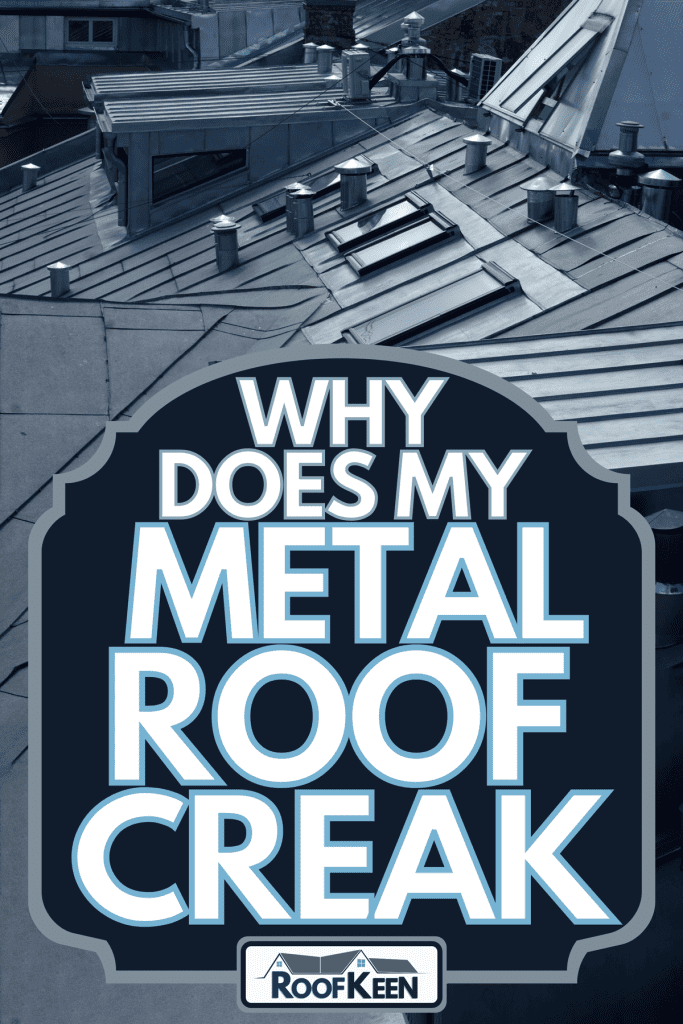
Metal Roof Popping Noise: A Misconception (But Not a Myth)
The most common misconception about metal roofing is that they make a lot of noise when it rains. This is a complete misconception; in fact, they muffle any sound produced by the weather, such as rain, hail, or snow. They can be considerably quieter than other roofs, such as an asphalt shingle roof if properly insulated and equipped with special sound-deadening underlays. (Source)
Is it possible to DIY insulation to avoid metal roof popping noises? If you have time away from work, you may insulate your metal roof in the attic. However, if you're like most homeowners, this isn't something you'll have to do very frequently. Because all excellent roofers will insulate your roof post-installation, it's not something you need to worry about. On the other hand, if you replaced your roof yourself, understanding how to insulate your metal roof for noise is a crucial step.
Metal Roof Popping Noise: Insulating Your Metal Roof
1. Insulate your ceiling
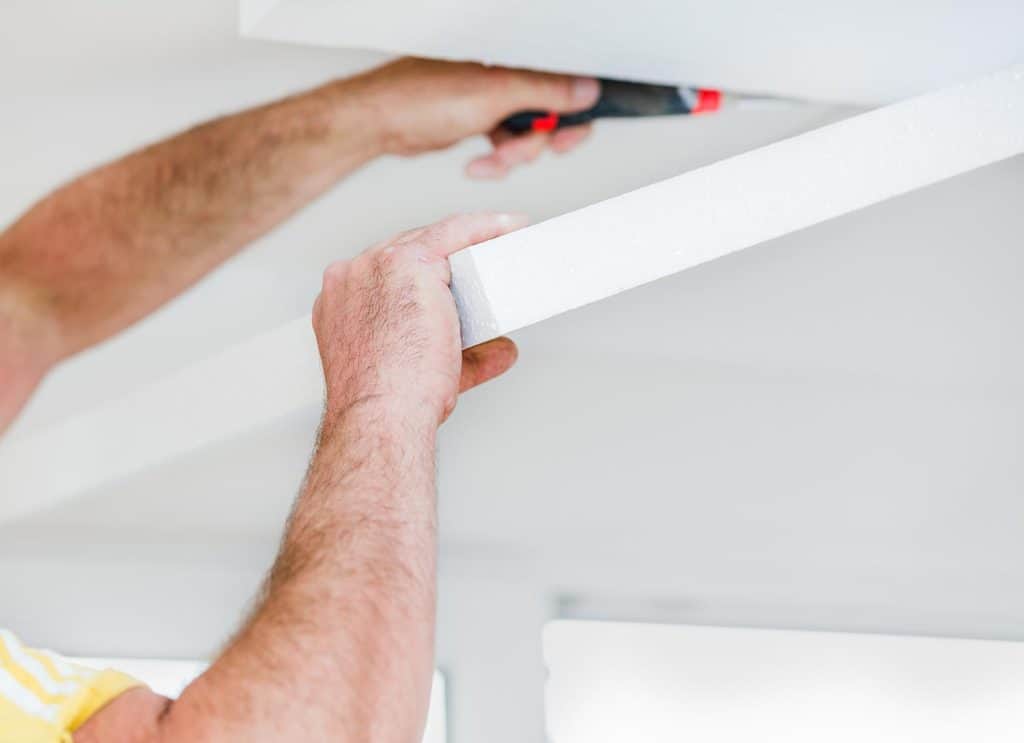
The less noise you hear, the more dense the barrier between your roof and interior space. Insulation is one approach to reduce the noise. This is a procedure that's generally completed retroactively since it isn't required when a roof is covered with the right type of underlayment.
If you have a noisy roof and want to fix it, consider adding insulation over it. Consider adding insulation to an unfinished room or attic space in your house if there is one. Spray foam insulation and dense, rigid foam insulation are two techniques to significantly decrease noise. They both serve as a physical barrier to the noise, absorbing most of it before it has a chance to pollute your home.
You might want to know: Why Does My Roof Creak at Night
2. Fasten your roof
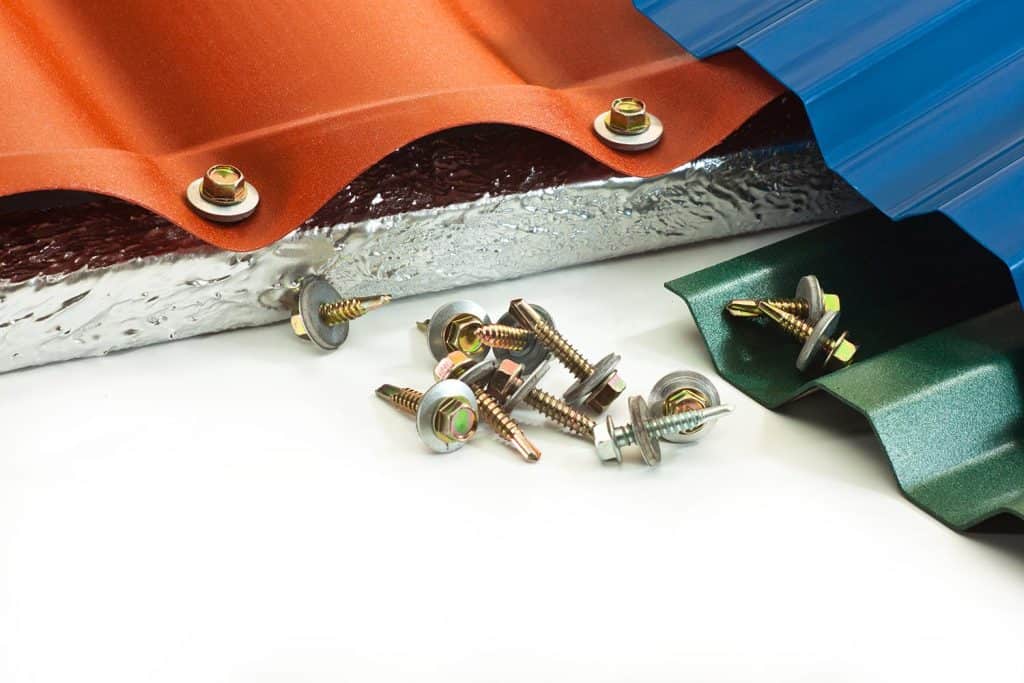
Roof fasteners secure your metal roof in place. If you have fastener difficulties, it's possible that your roof was put up incorrectly. If you don't have enough fasteners, if they're in the wrong spots, or if a few of them are loose, your metal roof will react audibly to certain weather.
When it rains or hails on a roof with fastener problems, the roof may shift, causing the impact to be audible from inside. Furthermore, temperature changes can make the problem worse by increasing strain and stress. Installing additional fasteners or tightening loose ones, as well as replacing or adding any, can all help reduce noise. (Continued)
However, many instances of rooftop metal roof popping noise aren't due to the rain or birds perched on top. It's feasible that it's the sun. During installation, every roofer pays close attention to metal roof thermal expansion.
Here's a short explanation: metal absorbs and distributes heat better than most roofing materials. It expands when it absorbs heat, and it contracts as it cools. As a result, the secure loosening or tightening of exposed fasteners and screws is critical. A metal roof popping noise caused by thermal expansion below can be found in the Washington Post.
Read more: Why Does My Roof Creak in The Wind
Metal Roof Popping Noises: Resolving Thermal Expansion Noise
From your photo, I can see that you have a gable roof with a flat gable end that takes the brunt of the wind to at least one end of your home. Consider the amount of pressure that would be exerted on the entire sidewall if a fierce wind were to strike it. If the entire roof system isn't securely braced, it will bend to absorb the energy. This flexing is what causes the cracking sound.
I've worked to prevent these noises in homes by installing diagonal braces on the roof rafters or trusses. It's ideal if you can utilize 2-by-6 material and instead of nails, use large timber screws. You'll need at least two four-inch-long timber screws to go through the 2-by-6 and into the underside of the roof rafter or truss. (Continued)
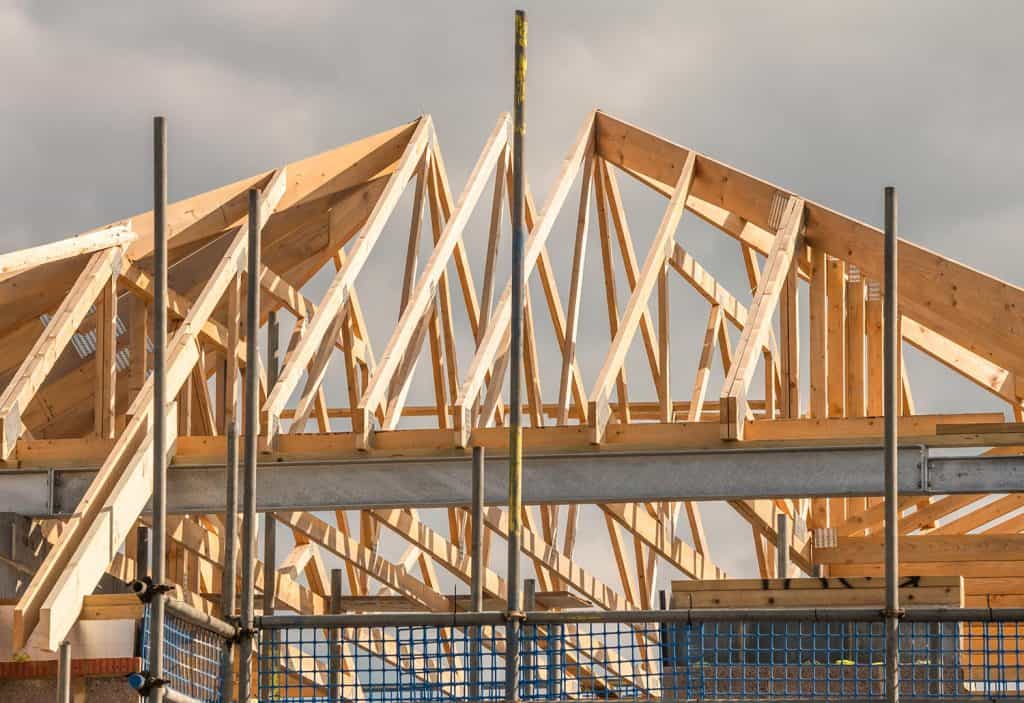
Remember, if you hire the greatest and most experienced metal roofing contractor in your region, you could avoid metal roof popping noise. Roper Roofing is the roofing business to call in Denver, CO. With decades of expertise and knowledge, we provide you with the high-quality metal roofing service you require. Get in touch with us right away!
How do you stop a metal roof from making noise?
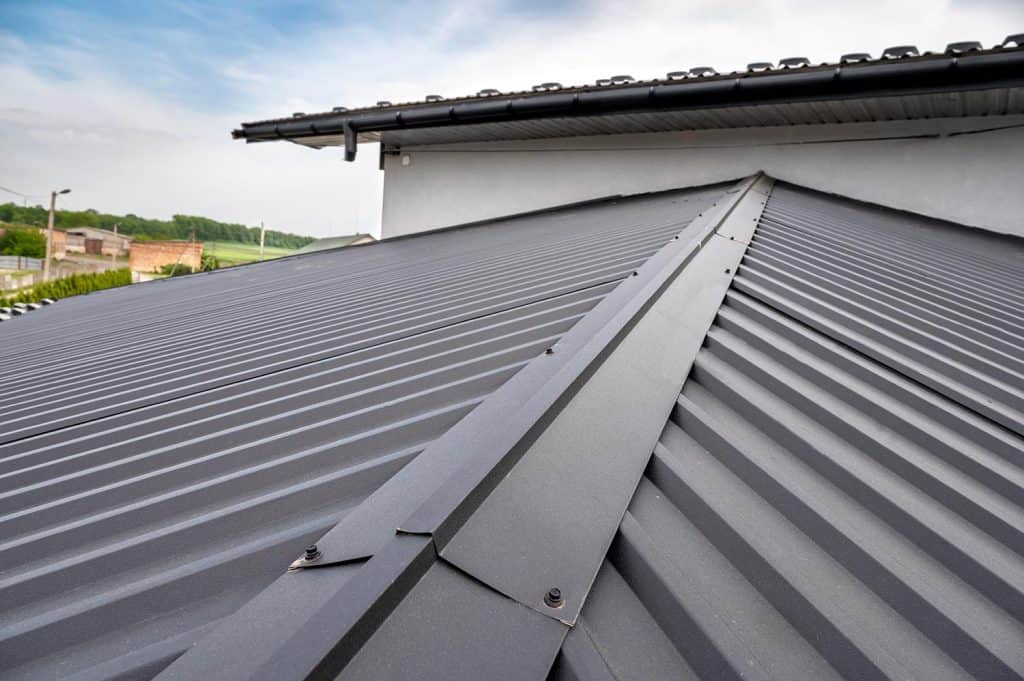
Metal roofs are known for their durability and longevity, but they can also be noisy. If you're troubled by the constant creaking and whistling of your metal roof, there are a few things you can do to silence it.
The most common reason for a metal roof to make noise is when it's exposed to wind. The wind can cause the panels to vibrate and create a loud whistling noise. One way to fix this is to add insulation around the roof deck. This will help muffle the sound of the wind.
Another common problem with metal roofs is that they can expand and contract in hot and cold weather. This can cause the panels to rub against each other, creating a creaking noise. You can fix this by adding roofing cement around the seams of the panels. This will help them to stay in place and reduce the noise.
If you've tried both of these solutions and your metal roof is still making noise, you may need to have a professional take a look at it. There may be something wrong with the way it's installed that needs to be fixed.
Noise from a metal roof can be frustrating, but it's usually easy to fix. Follow these tips and you'll be able to enjoy your quiet home once again!
